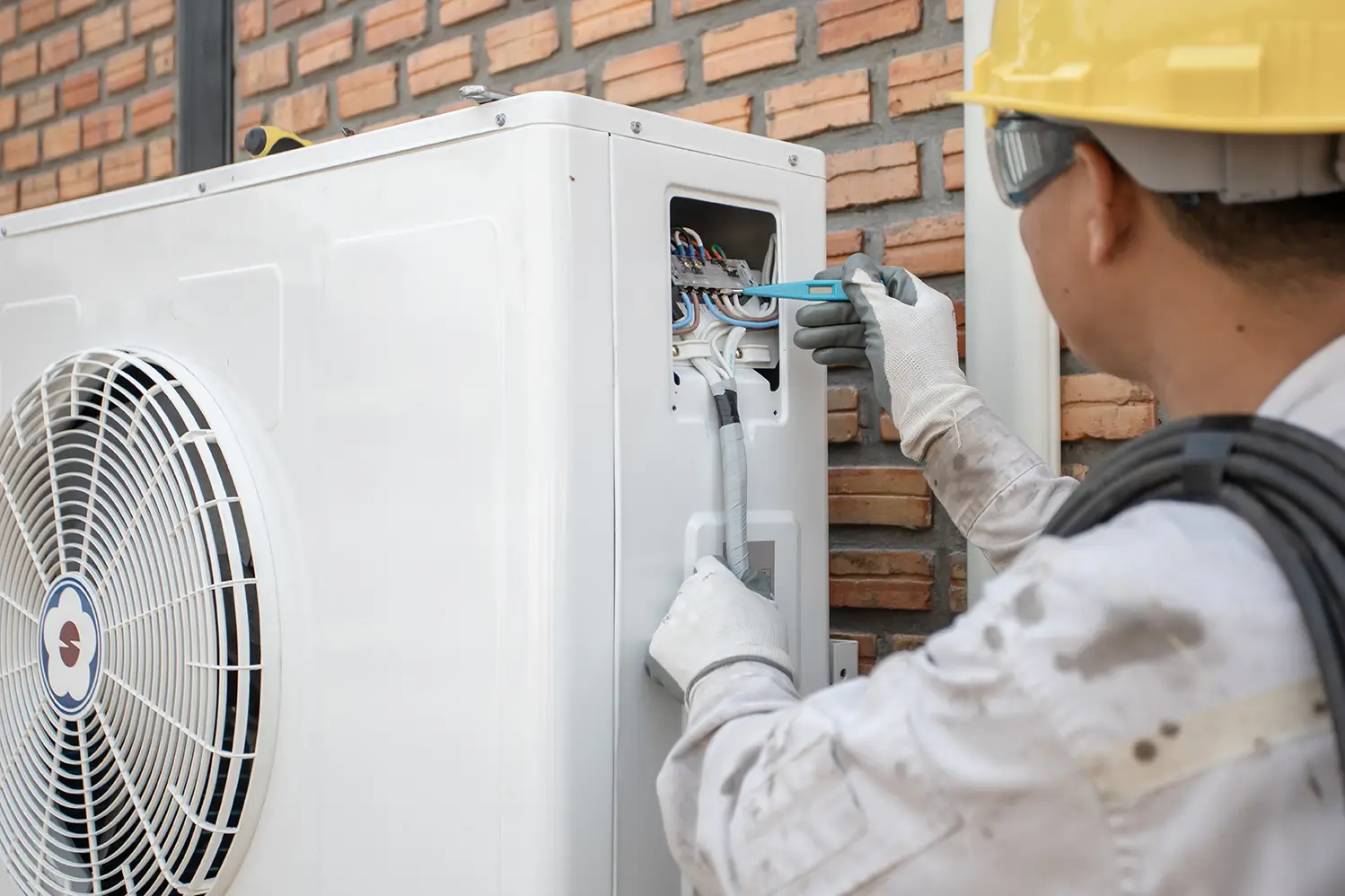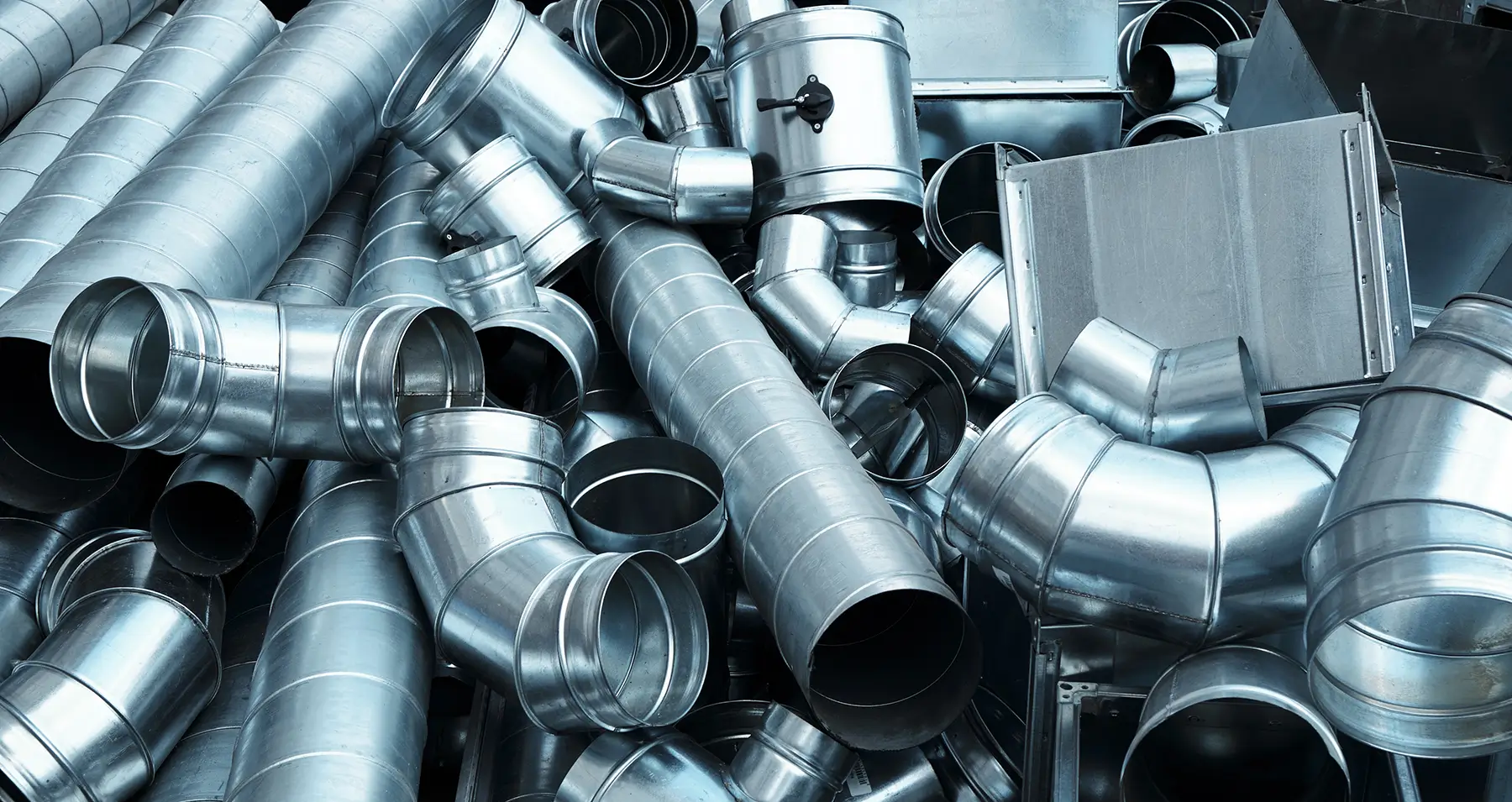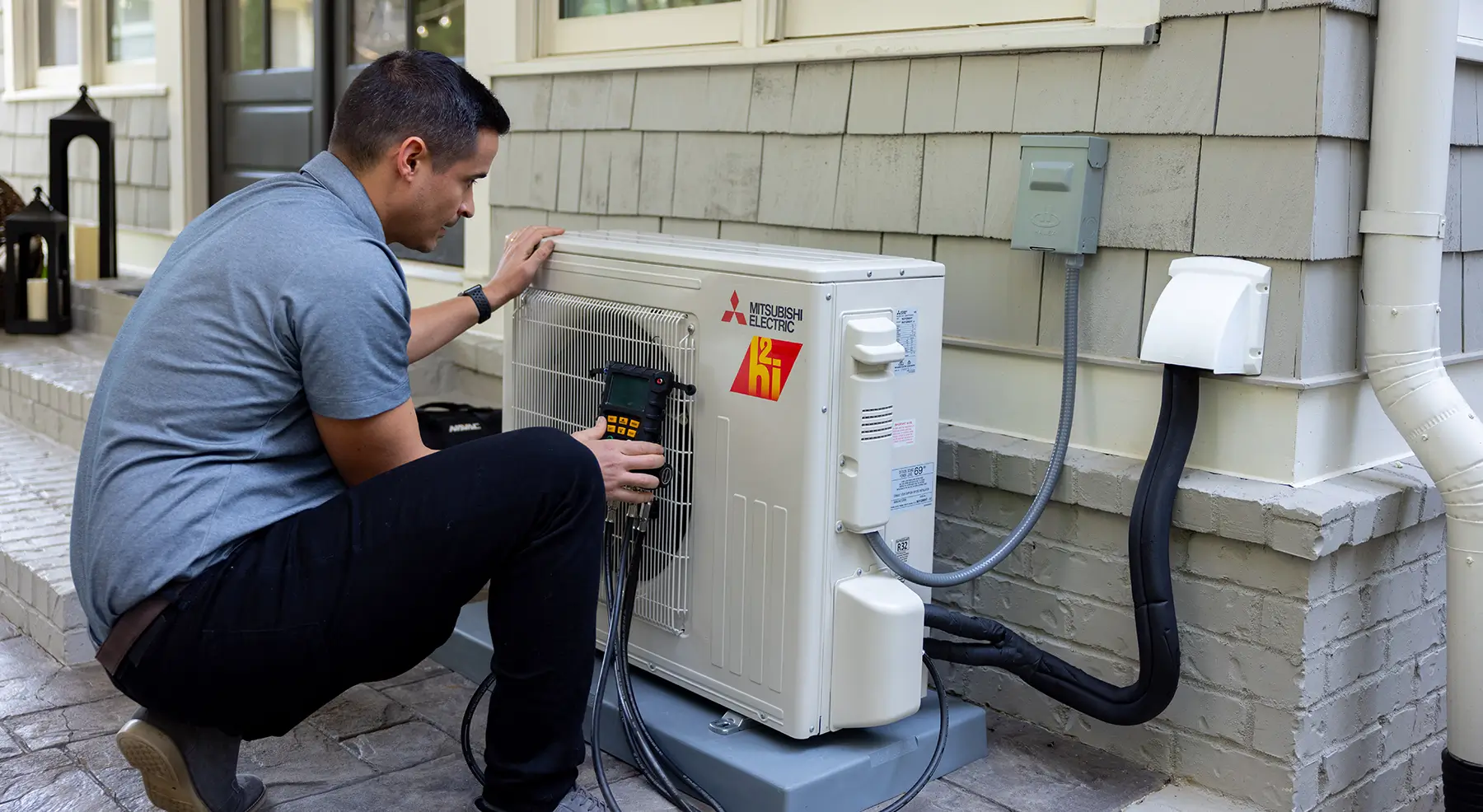Worcester, Massachusetts, is on a robust path to sustainability, embracing the potential of heat pumps as a cornerstone of its energy transition strategy. This initiative aligns with broader state goals to reduce carbon emissions and enhance energy efficiency across various sectors.
Table of Contents
Understanding Heat Pumps
Heat pumps are versatile systems that provide heating and cooling by transferring heat between the indoors and the outdoors. Unlike traditional heating systems that generate heat through combustion, heat pumps move existing heat, making them more energy-efficient and environmentally friendly. This technology is particularly effective in regions like Worcester, where temperature variations demand versatile climate control solutions.
Worcester’s Energy Transition Goals
Worcester’s energy transition plan targets a significant reduction in greenhouse gas emissions city-wide. Heat pumps are critical in this plan due to their efficiency and the role they can play in decreasing reliance on fossil fuels. The city aims to retrofit existing buildings with heat pumps and requires new constructions to incorporate this technology, thereby promoting a cleaner, more sustainable approach to urban development.
Economic and Environmental Benefits
The adoption of heat pumps in Worcester offers numerous benefits:
- Energy Efficiency: Heat pumps can reduce energy use by approximately 50% compared to conventional heating and cooling systems.
- Cost Savings: Although the initial installation cost can be high, the long-term energy bills and maintenance savings are substantial.
- Reduced Carbon Footprint: Heat pumps lower carbon emissions significantly by utilizing electricity—potentially sourced from renewables—instead of fossil fuels.
- Enhanced Air Quality: Heat pumps do not produce combustion byproducts, which means better indoor air quality for homes and businesses.
Challenges and Solutions
While the transition involves substantial benefits, it also presents challenges, such as high upfront costs and the need for significant upgrades to electrical systems in older buildings. Worcester addresses these challenges through incentives like tax breaks, subsidies, and partnerships with local businesses specializing in energy-efficient technologies.
Community Involvement and Education
Community engagement is a cornerstone of Worcester’s plan. The city is committed to educating residents and business owners about the benefits of heat pumps and the support available for transitioning. Workshops, informational campaigns, and personalized consultations are part of this educational effort, ensuring that every citizen can participate in and benefit from the city’s energy goals.
How This Affects You
Worcester’s commitment to integrating heat pumps into sustainable energy practices is a forward-thinking component of its broader environmental strategy. This initiative supports Massachusetts’ ecological objectives and sets a benchmark for urban energy transformations nationwide.
If you’re in Worcester and considering installing a heat pump, contact RYCOR HVAC for expert advice and professional service. Embrace a sustainable future by ensuring your home or business benefits from the latest energy-efficient technology. Let RYCOR HVAC help you make a seamless transition. Visit our website or call us today to learn how we can assist you with your heat pump needs and contribute to a greener tomorrow.




